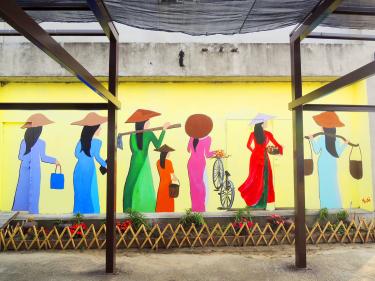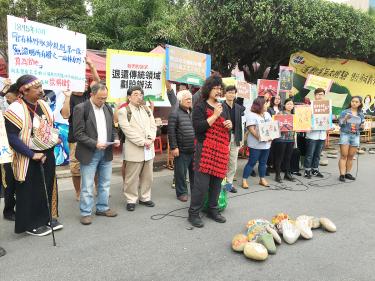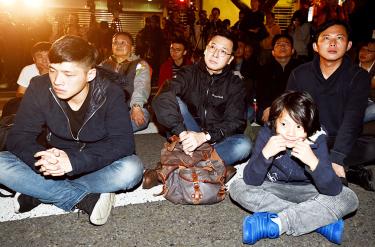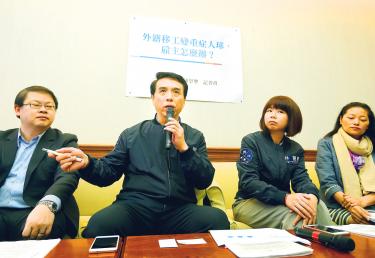ROC in Taiwan due to happenstance: book
By Chen Yu-fu / Staff reporter
While many people take the Republic of China’s (ROC) existence in Taiwan for granted, its inception was actually the outcome of various historical accidents and coincidences, said Lin Hsiao-ting (林孝庭), a research fellow at Stanford University’s Hoover Institution and author of a book on the founding of modern Taiwan.
Lin’s Accidental State: Chiang Kai-shek, the United States, and the Making of Taiwan (意外的國度:蔣介石、美國、與近代台灣的形塑), which was published in March last year, and its Chinese translation went on sale in Taiwan earlier this month.
Lin delved into official archives in Washington when researching for the book, in which the US’ aversion to Chiang Kai-shek (蔣介石) in the 1950s was revealed.
For instance, the US had considered replacing Chiang by covertly supporting former general Sun Liren (孫立人), a graduate of the Virginia Military Institute, and the Taiwanese independence movement, but the outbreak of the Korean War led to Chiang regaining Washington’s support, which — in addition to the White Terror era — helped him consolidate his control of the Chinese Nationalist Party (KMT) regime that was nearly overthrown, the book reads.
Lin’s book suggests that then-US president Harry Truman had openly criticized Chiang, called the KMT regime “the most corrupt government in the history of the world” and reportedly wanted to leave it to its own demise.
According to the book, before the end of World War II, Washington had considered establishing a military government in Taiwan after the war, with three options for its future: immediate self-determination, a takeover by the KMT government following Japan’s surrender, or self-determination following a period in which it would be placed under the Allies’ trusteeship.
However, a change of circumstances resulted in the US providing transportation for KMT forces, which lacked the capability to cross the Taiwan Strait, it says.
However, even before the 228 Incident, US diplomats were reportedly fully aware of the KMT regime’s lack of competence to govern Taiwan effectively, Lin said.
Former US diplomat Robert Strong once delivered to Chiang an abridged statement from Truman about Taiwan’s status being unsettled, which infuriated Chiang, who believed Washington was “treating the [ROC] like less than a colony,” the book says.
Chiang went on a “hunger strike” to protest the signing of the Treaty of San Francisco in 1951, Lin said, adding that the 1952 Sino-Japanese Peace Treaty, commonly known as the Treaty of Taipei, did not mention the ROC’s territorial boundaries recognized by Japan, which — according to some international law and history academics — left the nation’s sovereignty undefined and left room for a Taiwanese independence movement.
Lin called for a complete declassification of political archives for public study to help achieve the goal of transitional justice, which the administration of President Tsai Ing-wen (蔡英文) has supported, adding that such a move would be more powerful than sawing off the head of a Chiang statue.
“Chiang Kai-shek was just a human being,” Lin said, adding that, while he should not be worshiped as a hero, there is also no need to see him as the devil.



